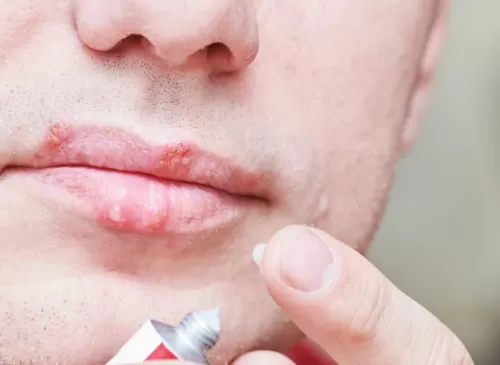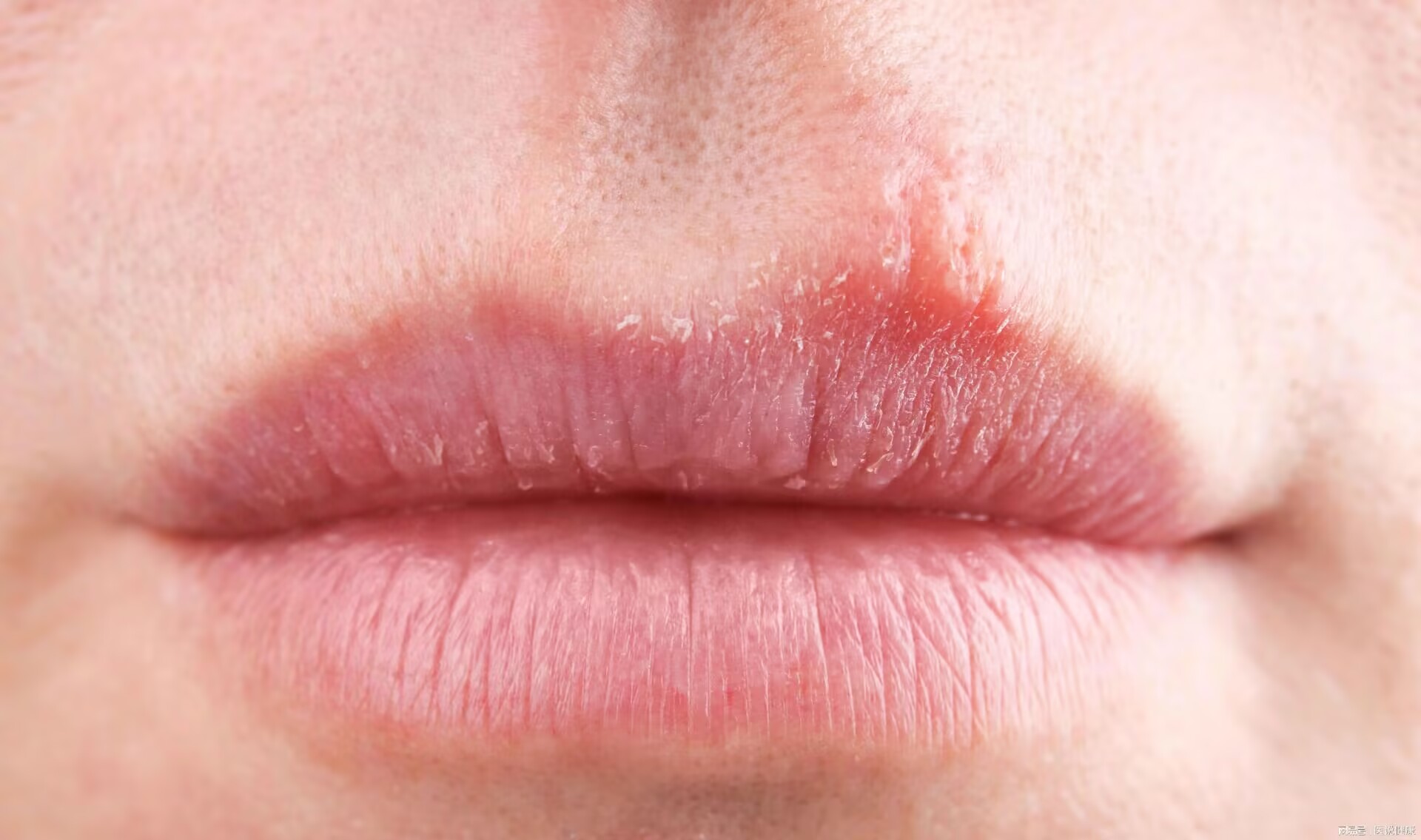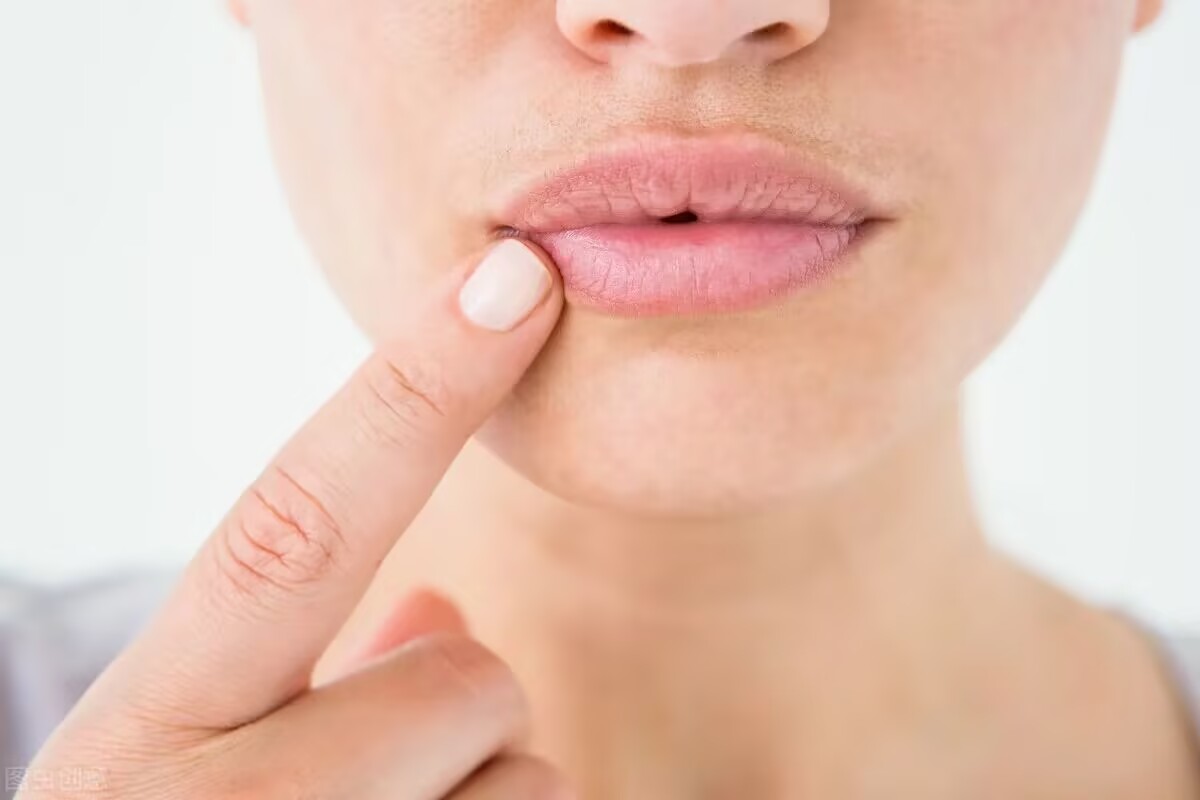Life Services
How to Avoid Cold Sores: A Comprehensive Guide
Abby 11/13/2024

Life Services
Abby 11/13/2024
What Are Cold Sores?
Cold sores, also known as fever blisters, are fluid-filled blisters caused by the herpes simplex virus (HSV-1). They typically appear around the lips but can also develop on the face or nose. Once infected, the virus remains dormant in the body and may reactivate in response to various triggers, such as stress, illness, or sun exposure.

Common Triggers of Cold Sores
Stress: Both emotional and physical stress can weaken the immune system, increasing the likelihood of an outbreak.
Sun Exposure: UV rays can activate the virus and damage the skin, often leading to cold sores.
Illness: A fever or other illnesses can trigger outbreaks, which is why cold sores are sometimes referred to as "fever blisters."
Hormonal Changes: Changes during menstruation or pregnancy can lead to cold sore outbreaks.
Skin Injury: Cuts or other injuries around the mouth can provoke the virus to reactivate.
Weakened Immune System: Conditions like HIV or treatments such as chemotherapy can make outbreaks more frequent.
Oral Irritation: Certain foods, like spicy dishes, or ingredients in toothpaste can trigger cold sores.

Tips to Prevent Cold Sores
Although it is not possible to completely prevent cold sores once you've contracted HSV-1, there are several steps you can take to reduce the chances of an outbreak:
Manage Stress: Practice relaxation techniques such as yoga or meditation to lower stress levels.
Use Lip Protection: Apply SPF lip balm to protect your lips from harmful sun exposure.
Boost Your Immune System: Eat a balanced diet rich in vitamins C, E, and zinc to strengthen your immunity.
Avoid Close Contact: Avoid kissing someone with an active cold sore, and don’t share personal items like towels or razors.
Limit Sun Exposure: When outdoors, wear a hat and use SPF lip balm to protect your lips from sunburn.
Consider Antiviral Medications: Antiviral medications, like acyclovir or valacyclovir, can help prevent or shorten outbreaks.
Avoid Irritants: Identify and avoid foods or products that trigger cold sores.
Practice Good Hygiene: Wash your hands regularly and avoid touching cold sores to prevent spreading the virus.
Avoid Sharing Personal Items: Refrain from sharing lip balm, towels, or eating utensils, even if you don’t have visible cold sores.

What to Do if You Feel a Cold Sore Coming On
If you feel a tingling or itching sensation, it may be the "prodrome" stage, the first sign of an impending cold sore. Early treatment with antiviral creams or medications can help reduce both the severity and duration of the outbreak. Additionally, applying a cold compress can help alleviate pain and inflammation.
Cold sores are common and typically manageable. While it’s impossible to entirely prevent them, avoiding triggers such as stress, sun exposure, and illness can significantly reduce outbreaks. Maintaining good hygiene and using preventative treatments will also help keep cold sores under control. If you experience frequent or severe outbreaks, it’s a good idea to consult a healthcare provider for tailored treatment options.
